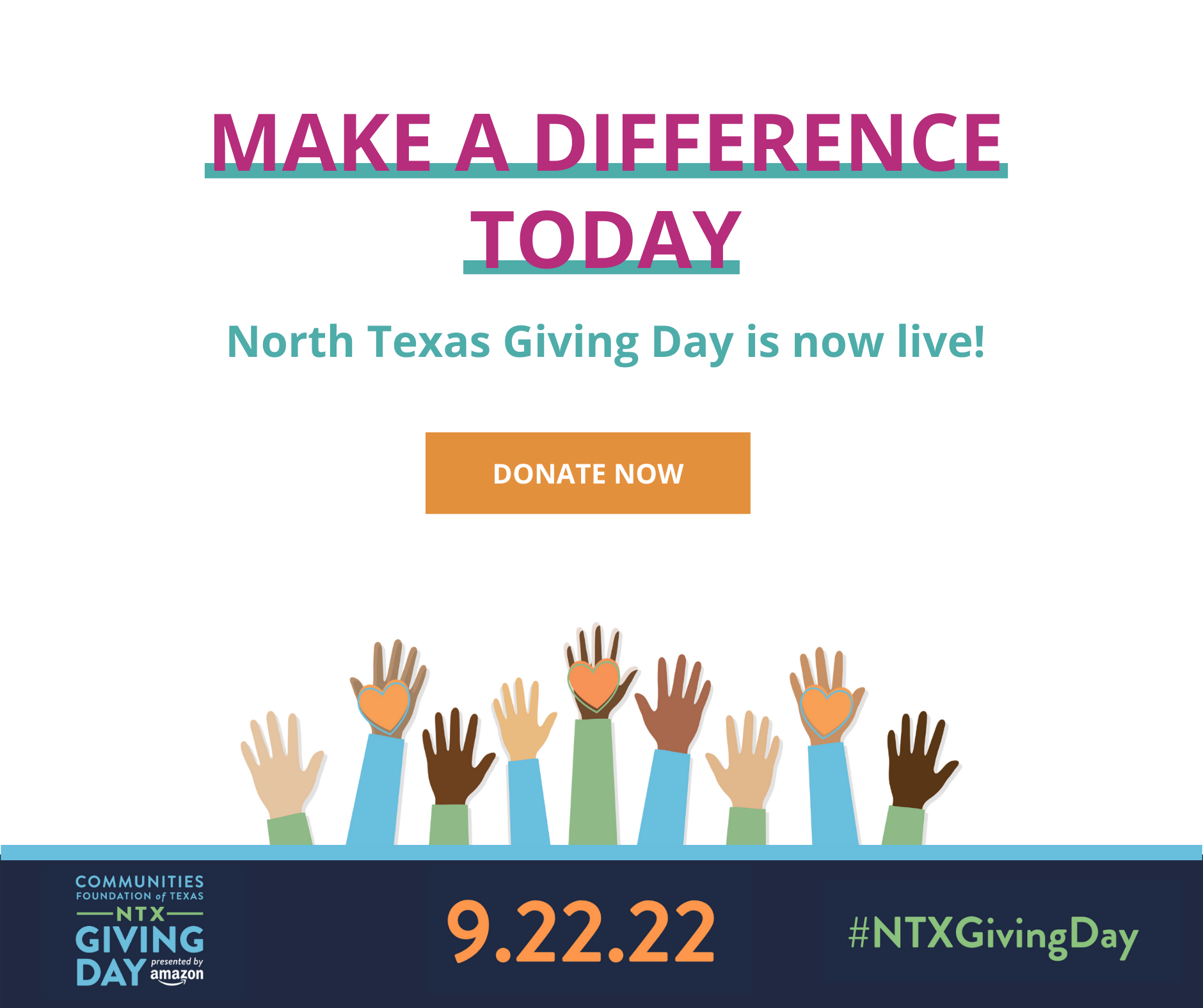How to become a foster parent in Texas
* The specific requirements may differ based on the agency.

1. Application and Background Check
To become a foster parent, you need to be at least 21 years old, pass a background check and have stable finances, housing, and transportation. You will need to submit an application, complete a home study and receive free training to be licensed through a private Child Placing Agency (CPA). Minimal costs are required including an FBI fingerprint check, home/fire inspection and any costs to ensure safety of the child in your home.

2. Meetings and Trainings
Orientations | Preservice Trainings | First Aid | CPR
Since children in care have experienced trauma, these trainings are aimed at helping you understand how to meet their unique needs.

3. Home Study and Inspections
To gauge your preparedness to care for a child in custody, a home study professional will complete a full walk-through of your home and will interview all household members, including children. They will also talk with you about your own upbringing, your current philosophy on raising children, and your discipline practices in the home.

4. Approval and License
It typically takes 3 to 6 months to complete the process depending on your availability.

5. Placement
Prepare for the arrival of the child by purchasing shampoo, a toothbrush, and kid-friendly food items or toys.

6. Ongoing Annual Training
There are trainings that you will need to do in order to maintain your license each year.
Frequently Asked Questions
Where do I apply?
Child Placing Agencies can be found here.
- Search for Child-Care Operation
- Click on Operation Type. In the drop down box, choose Child Placing Agency
- Choose your location
- Speak to different agencies to ensure the best fit for you and your family
What are the specific trainings?
INITIAL TRAINING
- 8 hours of general pre-service training
- 2 hours of normalcy training
- 8 hours of emergency behavior intervention (16 if caring for a child who requires treatment services for emotional disorders, intellectual disabilities, or autism spectrum disorder)
- Safe sleep training (no specific number of hours) for caregivers who care for children younger than age 2
- Administering psychotropic medication training (no specific number of hours)
ONGOING ANNUAL TRAINING
- On average, foster parents need a minimum of 30 hours of ongoing training a year on treatment services for primary medical needs, emotional disorders, intellectual disabilities, or autism spectrum disorder.
Is it okay if I already have kids in the home?
Of course! This will be taken into consideration when figuring out the best fit for a child placed in your home.
Do I have to have a house? What if I have an apartment?
What matters most is that you have a stable living situation and the ability for the child who is placed with you to have a bedroom.
Do children in care need to have their own bedroom?
Each situation is unique. If a child is sharing a bedroom, each child needs at least 40 square feet. However, age, gender and individual behaviors will be considered.
What if I am not in a place to foster, can I still help in some way?
That’s okay! You can also provide:
- Respite support for licensed foster care providers requiring at a minimum a background check
- Volunteer service or a donation that can ensure basic needs are met
What does this commitment look like? How long do kids usually stay in foster care?
Placement can take 6 to 18 months, however, there are exceptions. Sometimes a short-term placement can be made for the child(ren) with a relative. However, sometimes children can be in care for multiple years before permanency can be attained. While DFPS and your CPA are responsible for keeping you updated, flexibility is required.
If I foster or adopt a child, what resources are provided to help?
You will be assigned a case manager who can help you navigate services and ensure you are prepared. This may include, but is not limited to, respite care, childcare, and support groups. Foster parents are also provided a monthly payment at a rate based on the child’s level of care/need. The child placed in your home will be covered by health and dental insurance. If you were to adopt a child in care, you are eligible for adoption assistance and post adoption services such as training and therapy and the child will be eligible for a tuition and fee waiver to a public in state university.
I am interested in being a foster or adoptive parent. Where do I start?
For questions or to help resolve a complaint about a foster care case, the Foster Care Ombudsman can answer any questions. Anything you share with the ombudsman is confidential.


